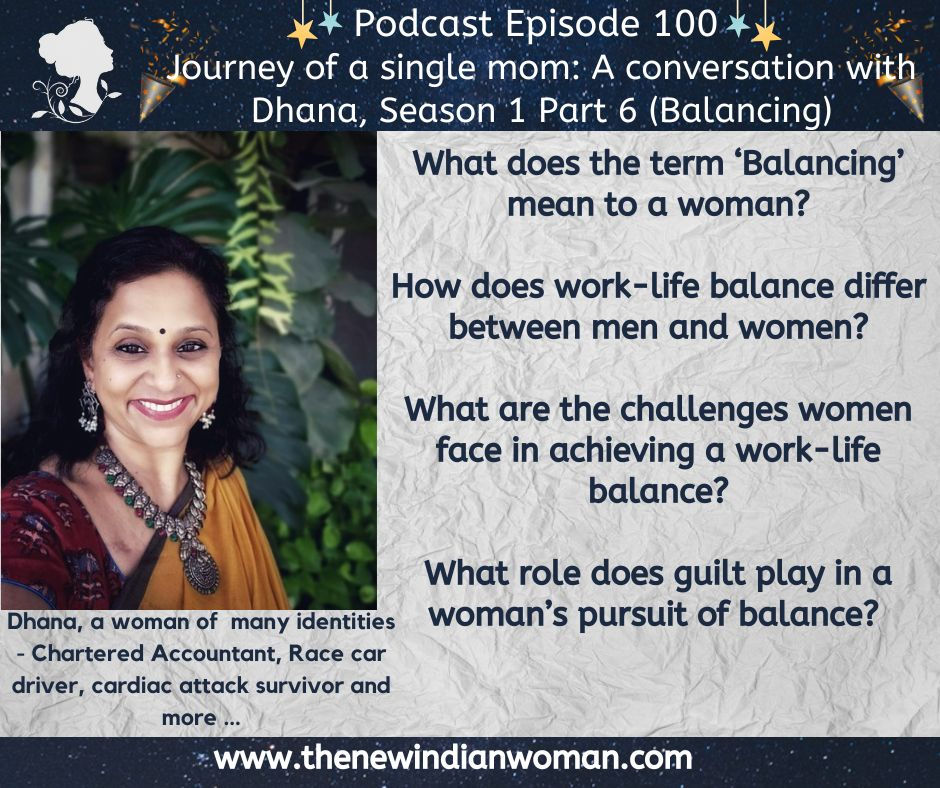Understanding Adolescents - Part 2
- Krishna

- Jan 7, 2023
- 4 min read
#NewIndianWoman #podcast discussion on #adolescents #bullying #gadgetaddiction #supportgroupsinindia #youngadults #teenager #indianteenagers #teensIndia

In Part 1 of this 2 part series, we spoke to Ms. Gowthami Saraf, an Emotional Intelligence Coach for children and parents, and she explained to us why it is important for us adults, to understand the adolescents in our life. In this Part 2, we continue to focus on practical steps that will help us and more importantly, the adolescents in our life, better.
In case you missed the last article/podcast episode, click here.
Starting from handling peer pressure, listening to the wonderful ideas adolescents come up with, the kind of issues they face. Gowthami shares with us how important it is for us to not look at it from when we were at that age angle. She refers to some of the interactions she has had with children who reach out to her as well as adults in the support groups she co-ordinates.
Listen to this episode, you may become more aware about the adolescents and you may feel better equipped!
Listen on..
Listen on iPhone App | Android App | Spotify | Download
What the New Indian Woman podcast is about
As you may already be aware, this podcast has 2 focus areas. One, We examine the challenges faced by today's Indian woman and propose ACTIONABLE strategies in the Indian context, on a wide variety of topics - right from identifying their passion to better productivity and parenting. Second, we meet women who chose to aspire or have a dream beyond their defined roles and facilitate sharing of what worked and what didn’t, for them. Today's episode falls in the first category.
And in the process, my aim is to help you, The New Indian woman, to realize your potential, chase your dreams and aspirations, utilize the wonderful opportunities available in today's world.
What's in this episode:
In this episode, we start with examining peer pressure. Gowthami shares it is important for the parents to look at their own biases and work on them. A sense of how to handle it together with children, is very critical. Ignoring, or asking the adolescent to ignore the peer, is never the answer. It is important to acknowledge, accept and then to deal with it. She shares how teenagers, being very intelligent, will come up with beautiful solutions, if only the parents give them an opportunity to sit and talk with them.
Gowthami shares emotional issues are the next set of challenges the adolescents have to deal with. Because of so many restrictions imposed by the people around them, they carry a lot of pain and hurt. Compared to external "hurt", this is worse. These could be hurts around criticism, insecurity and even confusion. Due to the increased exposure, adolescents many a time get contradictory messages from outside vs home.
Gowthami shares how it is important for parents to teach adolescents to be resilient and to give them communication skills about, say, expressing anger with right words.
We discuss the importance of showing by doing rather than advising, as children learn by example. And at certain times, when there is a need to sit down and have a talk with the adolescents, Gowthami shares it may be best to take help from another adult - a family member or counsellor. And based on her experience, she tells us what is the best thing we can do for our children.
We then talk about the need for healthy relationships and how, sometimes, children face bullying by loved ones, including parents. Gowthami shares an example from her own life and talks about the scars left behind and the very lengthy healing process.
She talks about the misconception around loving will spoil the child.
We discuss about how and when parents should identify the need to seek external help and the bias around talking help when it comes to mental health and wellbeing of children. We talk about addiction in this context and the misconceptions around the same and why parents miss detecting the need for help in dealing with addiction and identifying addiction in the first place.
We get onto how to identify external help? Is this process easy? What are the typical challenges faced ? And most importantly, once you identify someone to take help from, how do you assess if things are going well or you need to look for an alternate person.
Gowthami also shares abut support groups, when to leave one and how you could create one, yourself. You could join the group created by her, here
Her final words are like a wonderful topping on this whole discussion - you would love it!
If you liked this episode, please help this reach more people by sharing this podcast with friends and family over Facebook, LinkedIn, Twitter and Pinterest. Don’t forget to like our Facebook page.
Please write to me at krishna@thenewindianwoman.com or reach out to our social media pages to share your views on this episode.
Get in touch
Website : http://thenewindianwoman.com
Facebook : http://facebook.com/newindianwoman
Email : krishna@thenewindianwoman.com
Twitter : https://twitter.com/thenewindianwo1
To Connect with the guest
Subscribe
Use the link corresponding to your favourite Podcast App to listen to the latest episode and do not forget to click on Subscribe :
Google Podcasts: https://bit.ly/googleniw
Castbox :http://bit.ly/castboxniw
Apple Podcast :http://bit.ly/appleniw
Stitcher :http://bit.ly/stitcherniw
Spotify :http://bit.ly/spotifyniw
Radiopublic: http://bit.ly/radiopublicniw
Podbean: http://bit.ly/podbeanniw
TuneIn: http://bit.ly/tuneinniw




Comments